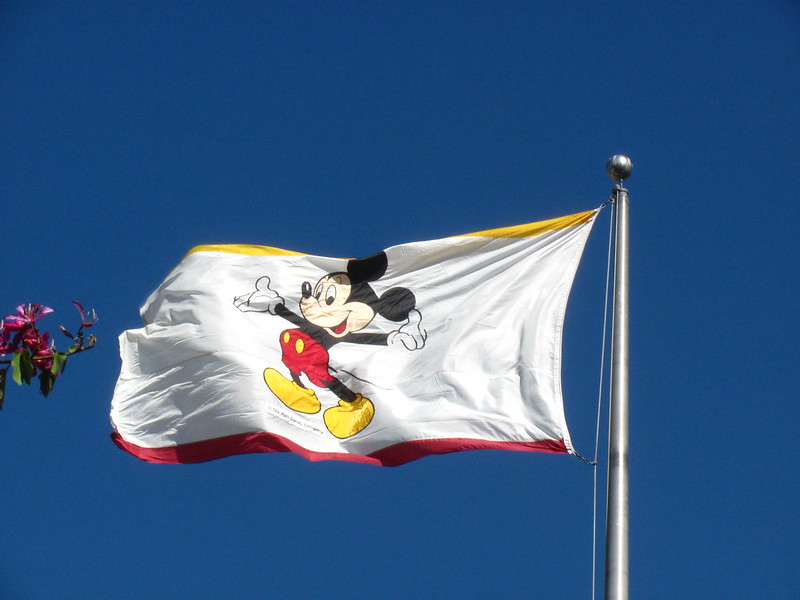Nearly 15 million cable viewers lost access to some of the most popular channels on American television amid ongoing contract disputes between media giant Walt Disney Co. and major cable provider Charter Communications Inc. on Aug. 31.
The blackout bled into the following week as viewers lost access to channels like ESPN and ABC during highly anticipated events, such as the U.S. Open.
As Charter and Disney attempted to renegotiate contracts, Charter aimed to keep costs low for its viewers, while Disney tried to get the highest possible rate for the network it provides.
It follows broad considerations of financial stakes inherent in counteracting low-cost streaming services on the part of service providers across the country as more and more viewers “cut the cord” and opt to relinquish themselves to streaming subscriptions.
Disney’s attempts at bundling its channels together have been a point of further contention for Charter.
Disney attempted to increase revenue for a host of its channels by packaging different channels together. For example, people who watch content on Freeform might not be as enthusiastic to watch programming on ESPN. As a result, Disney pairs them in the same package.
Spectrum insisted the rates Disney requested were “excessively high” and indicated that the flexibility of its customer base to choose what content they watch was threatened.
“This is not a typical carriage dispute,” Charter said. “It is significant for Charter, and we think it is even more significant for programmers and the broader video ecosystem.”
As a result, Disney pulled its channels.
The dispute also stirred concerns within the markets, leading to a drop in shares for numerous other U.S. entertainment corporations like Fox Corp. and Warner Brothers Discovery Inc.
Throughout the duration of the talks, Disney’s shares dropped 2.65% to a three-year low while Charter lost 3.4%. Warner Brothers Discovery Inc. fell by 10%, Fox Corp by 6%, Paramount Global by 8% and Comcast Corp., the largest U.S. cable provider, was down nearly 3%, according to Reuters.
Larger tensions are simultaneously gripping the industry, from debates over distribution fees to labor disputes with Hollywood writers and actors amid the Writers Guild of America strike.
It proved to be a major cause for concern, as these companies, already facing a looming scarcity of content, now must consider negotiations that could change the balance of power in the entertainment and streaming industries.
On Sept. 11, Disney and Charter finally struck a deal, restoring access to Disney’s channels to 15 million households, according to the Wall Street Journal — just in time to watch the New York Jets trounce the Buffalo Bills 22-16 on the first Monday Night Football of the season aired on ESPN.
Charter agreed to Disney’s rate requests, in turn receiving the option to provide Disney+ and ESPN+ to its Spectrum paid TV subscribers.









